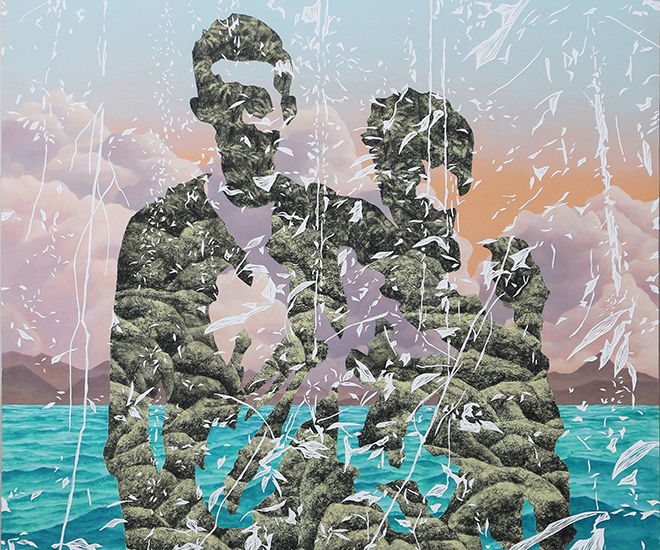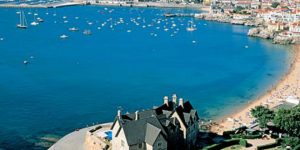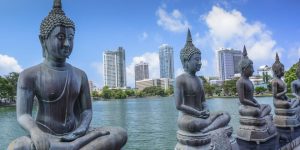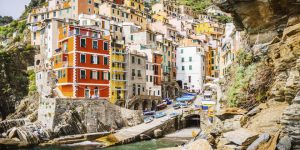Magnetic North: Iceland and Svalbard
Surrender to the hypnotic power of Norway’s icy Svalbard isles and the mighty geological wonders of Southern Iceland.
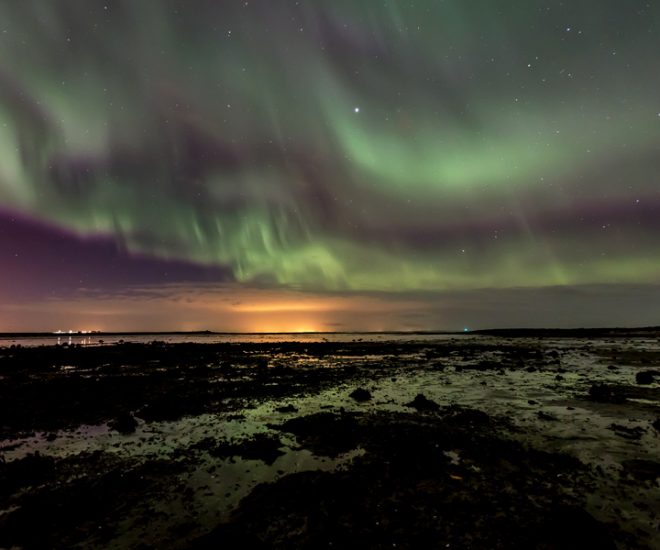
There’s something to be said about the longstanding fascination travelers have with the stark, untouched arctic wilderness. Perhaps it’s because it kindles a primordial connection with the natural world, or offers tranquil respite from the congestion and pandemonium of the modern metropolis. In Philip Pullman’s fantasy novel The Golden Compass, the witch-queen Serafina Pekkala utters as she flies towards Svalbard, “We feel cold, but we don’t mind it, because we will not come to harm. And if we wrapped up against the cold, we wouldn’t feel other things, like the bright tingle of the stars, or the music of the Aurora, or best of all the silky feeling of moonlight on our skin. It’s worth being cold for that.” Here are two hyperborean destinations absolutely worth shivering for.
Southern Iceland
The rundown
Probably the most visited part of the country, Iceland’s south coast is renowned for possessing some of the country’s most beautiful topography and freshest seafood. Also rich in Icelandic history and heritage, the south is the destination to get acquainted with Viking culture, the great Sagas (classical works of Icelandic literature), and Icelandic art and architecture.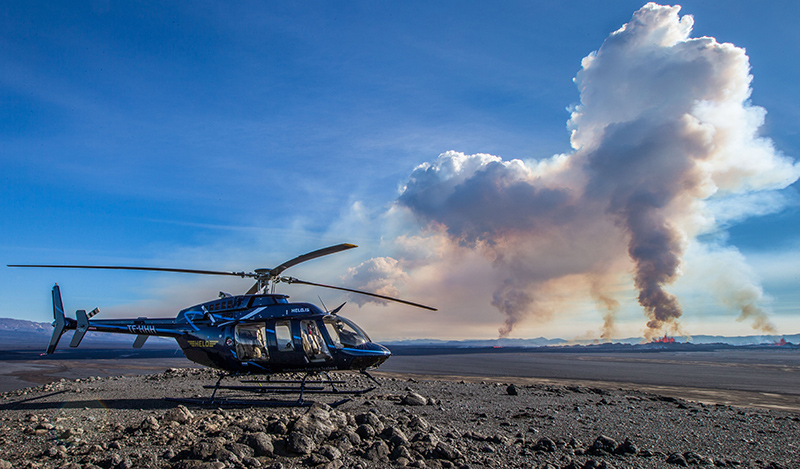
The natural wonders
Standing at the foot of a 60m tall waterfall is a marvel that words cannot describe, particularly if the one alluded to is Skógafoss, the waterfall located on the Skógá river. Along with this marvel of nature (that has been featured in music videos and films for its sheer grandeur), black sand beaches, the famous Blue Lagoon (a geothermal spa), a massive 18sqkm glacial lagoon called Jökulsárlón, and Europe’s largest glacier Vatnajökull can also be found in Southern Iceland. The outdoor enthusiast would do well to pay these a visit, as well as explore scenic hikes to witness active volcanoes and geysers.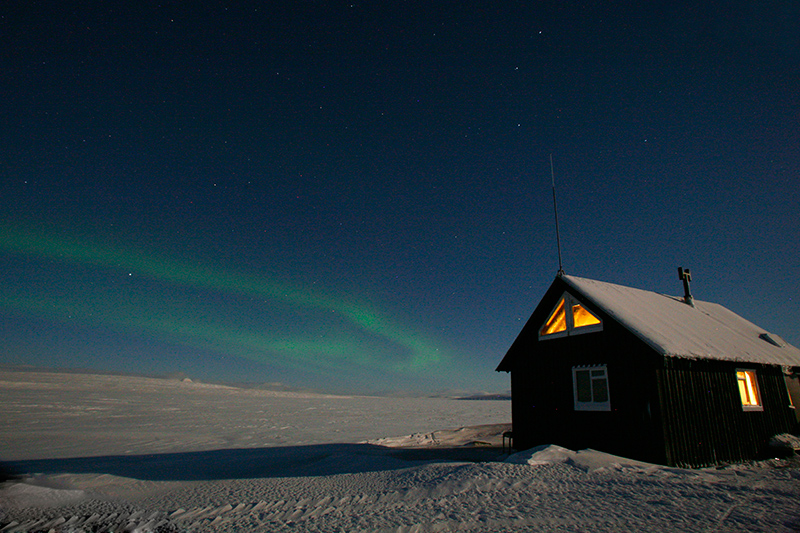
The human touch
While the wealth of choral music, art and poetry in this region will appeal to the cultural aficionado, the bona fide gourmand will appreciate the wide variety of restaurants and the home-grown produce served in local outfits. Crank your itinerary up a few notches in Iceland’s coastal capital of Reykjavík, the energetic gateway city and birthplace of Iceland’s biggest musical acts, Björk and Sigur Rós.
The Svalbard Islands
The rundown
First mentioned in ancient 12th century Icelandic texts, the word “Svalbard” refers to “cold coasts”. Scattered north of Norway, Svalbard is also the name of an archipelago of frigid islands, the largest of which is Spitsbergen, where the capital of Longyearbyen is located. Here, the average temperature ranges between -14°C in winter (December) and 6°C in summer (June). The latter season sees the rise of the midnight sun, which ceases to dip below the horizon for a protracted 123 days. And it’s dry – because Longyearbyen receives only 200mm of precipitation a year, it is considered an arctic desert.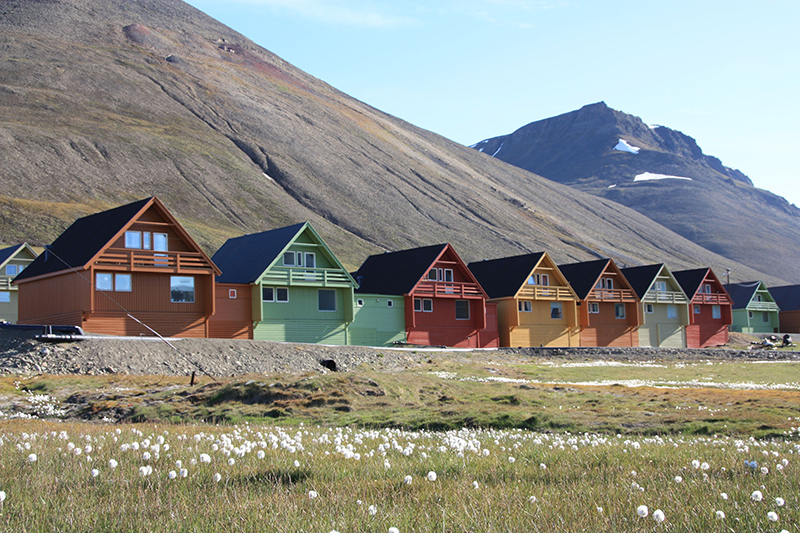
The natural wonders
Nothing compares to seeing wildlife, well, in the wild, and here in Svalbard, it is best to witness the flora and fauna thrive in the constant sunlight of summer. The natural habitat of arctic foxes, reindeer, sea birds, polar bears, and magnificent whales, Svalbard also houses 23 nature reserves and seven national parks. The spectacular arctic landscape here comprises glaciated mountains, colossal plateaus and arctic tundra, as well as fjords, glaciers and ice caves, which can be explored in a kayak or on foot. Taking a whizz on a snowmobile, skiing and husky sledding are equally enjoyable options on the ice, but the magic truly happens on a polar winter night, when the Aurora Borealis (or Northern Lights) makes its ethereal appearance.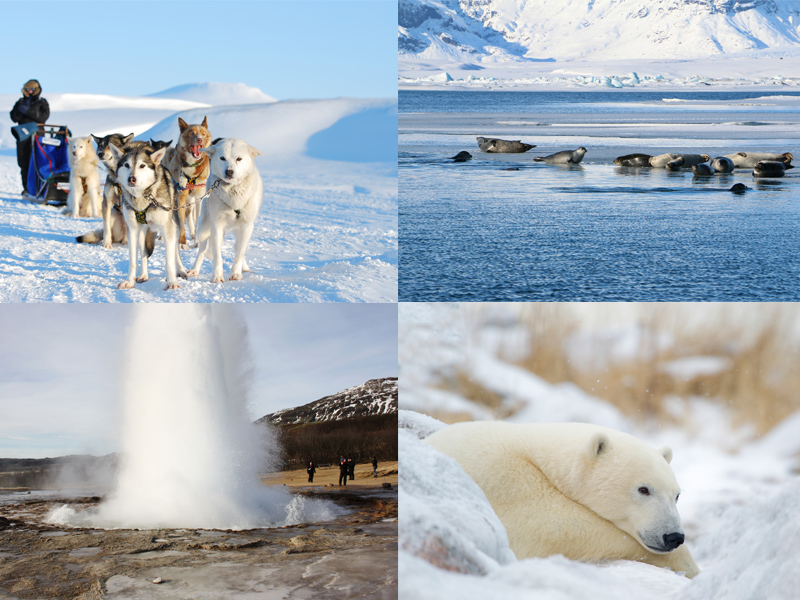
The human touch
Should the desolate vastness of Svalbard’s wilderness begin to summon your inner agoraphobe, take refuge in Longyearbyen, the main town on Spitsbergen, Svalbard’s largest island. Permanently inhabited, the capital has a population of about 3,000 and, like the U2 song, its streets have no names. Instead, they go by numbers. Here in the world’s northernmost city you will, naturally, also find the world’s northernmost church, museum, gourmet restaurant (Huset) and, we kid you not, ATM.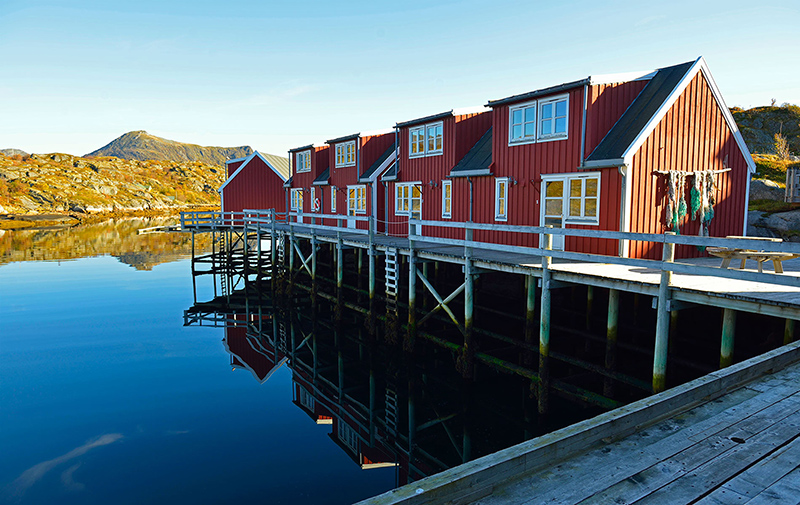
Bespoke adventure
You only live once, and, if nothing else, you ought to live it large. And what better way to amplify your arctic adventure than by getting a little help from Jacada Travel. The luxury guided travel outfit offers bespoke Polar itineraries packed with outdoor activities, personally tailored by their travel professionals and local experts. For more information, visit www.jacadatravel.com.
Story Credits
Text by Justin Cheong
Images Courtesy of Basecamp Norway, Dennis Fast, Jacada Travel, Nyvagar Hotel, Einar Oli Matthiasson
This story first appeared in L’Officiel Singapore.

